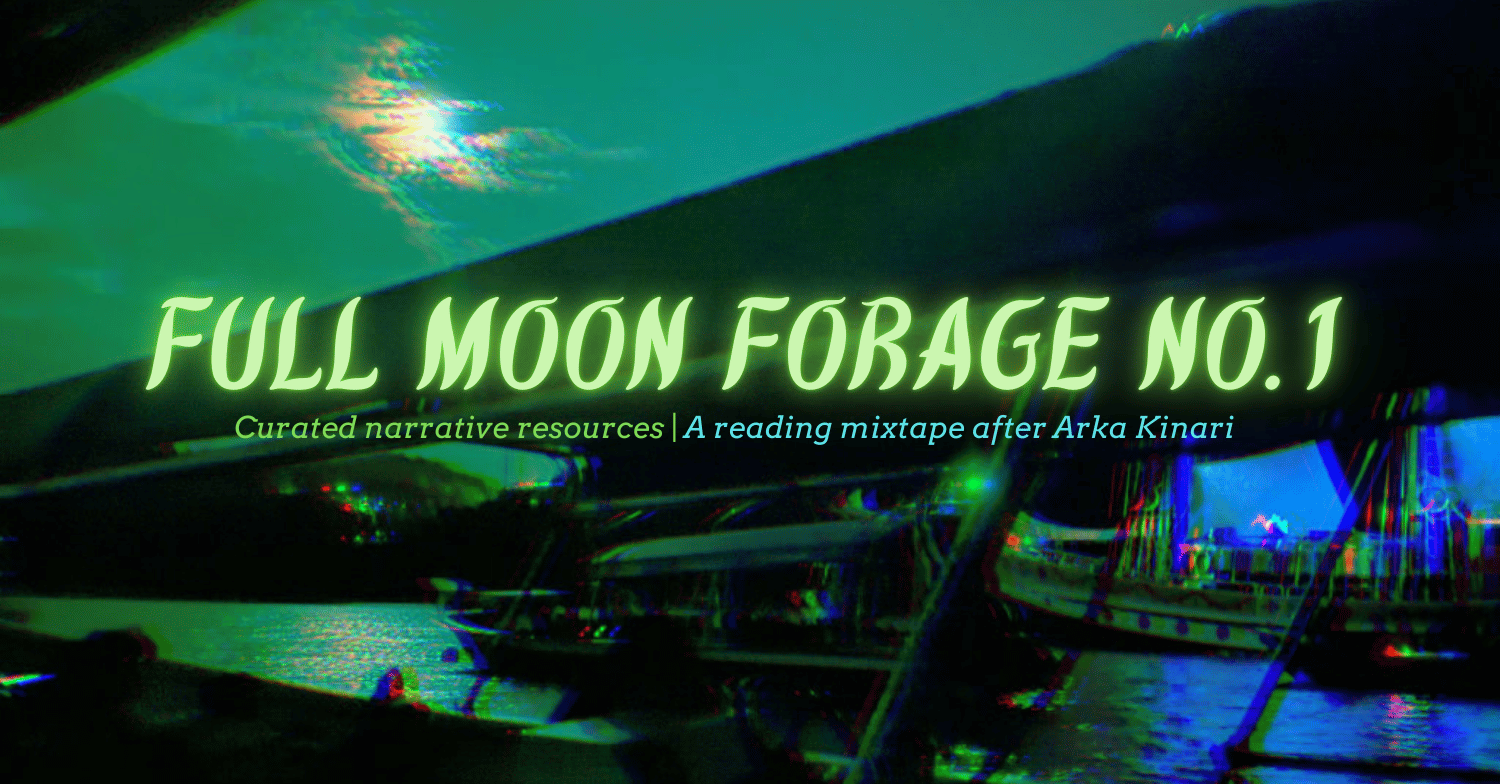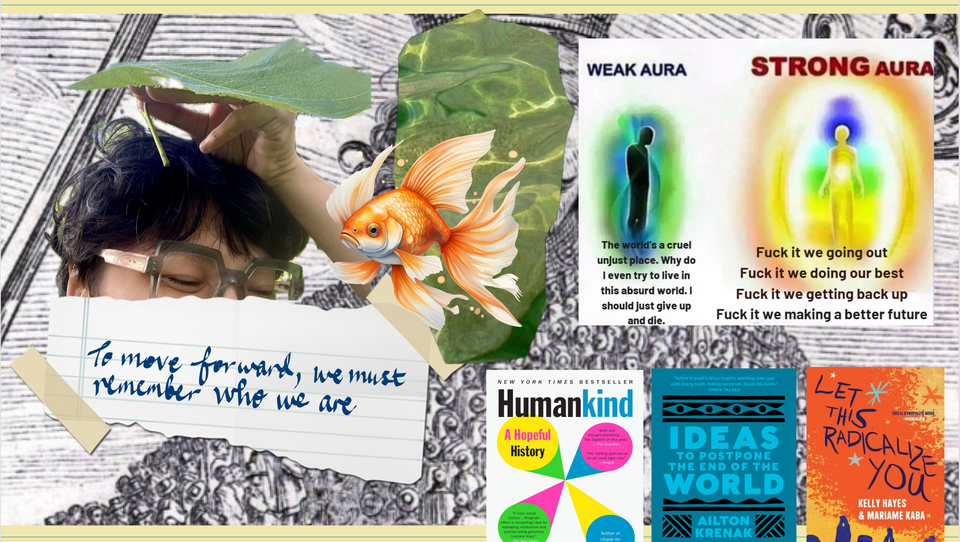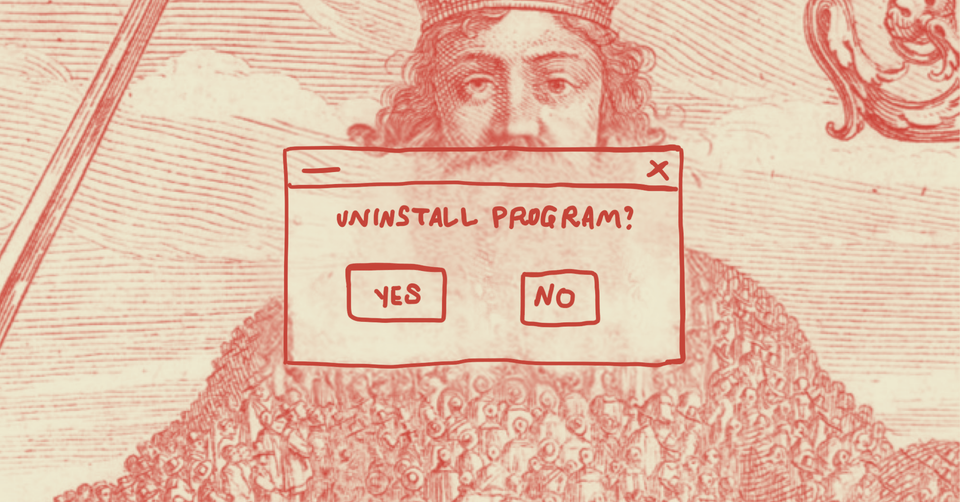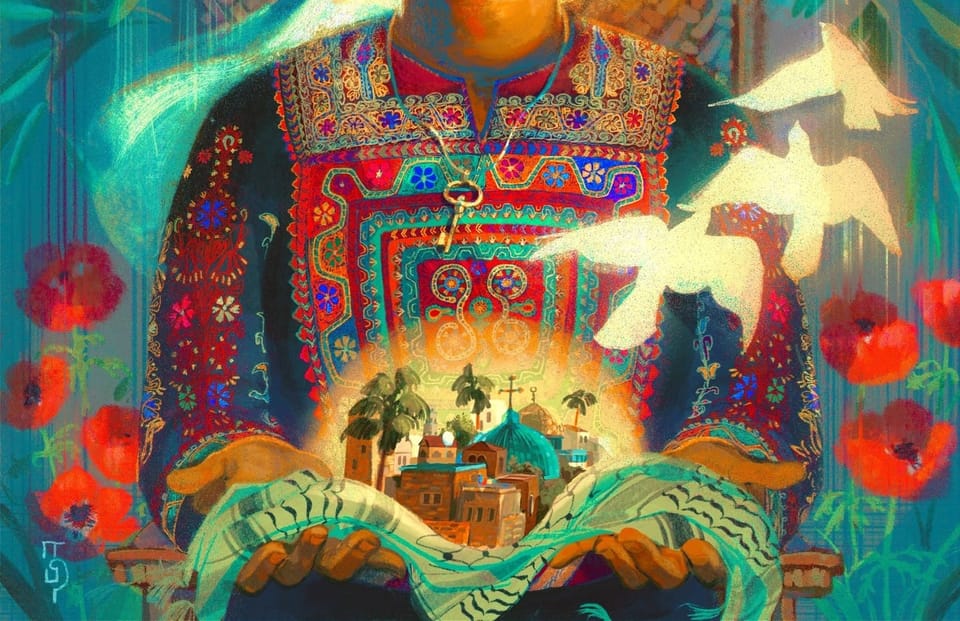The only 2 binaries that matter to me now
Here are a couple of clarifying ideas that have helped me recognise and make sense of Reality lately— maybe it will also help you cut through the noise? Includes my current go-to definition of capitalism.
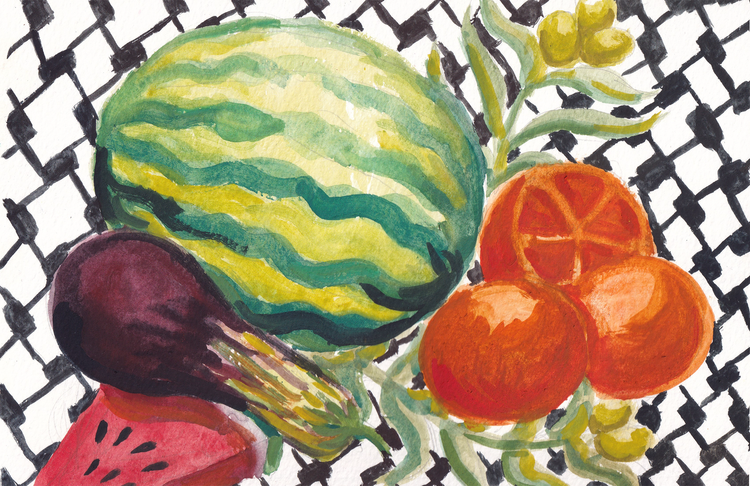
There is a reason, after all, that some people wish to colonize the moon, and others dance before it as an ancient friend. — James Baldwin, 1972
The first clarifying binary: THERE ARE ONLY TWO CAMPS— CAMP COLONIAL OR CAMP LIBERATION
Mohamed Abdou in Islam and Anarchism writes that identity politics is a neoliberal product that can be tactically useful but also strategically limited. And since they are easily weaponised by elites to spin potential resistance efforts into circles of conflicts (see Olúfẹ́mi O. Táíwò's Elite Capture: How The Powerful Took Over Identity Politics and Everything Else), I have been seeking an anti-identity politics framework, and unsurprisingly, the most clarity I found started from listening to Palestinian resistance.
- The world can be divided into a colonial camp and liberation camp. In each, you will find people of all identity intersections. “I no longer see this as a conflict between Arabs and Jews, between Israeli and Palestinian. I have abandoned this duality, this naive oversimplification of the conflict. I have become convinced of Ali Shariati and Frantz Fanon's divisions of the world [into a colonial camp and a liberation camp]… In each of the two camps, you will find people of all religions, languages, races, ethnicities, colours and classes. In this conflict, for example, you will find people of our own skin standing rudely in the other camp, and at the same time you will find Jews standing in our camp." — Basil Al-A’raj, Palestinian martyr killed by israel in 2017
- There are two types of colonialism: Settler and franchise. Patrick Wolfe in a 2006 Journal of Genocide Research describes broadly 2 types of colonialism: 1️⃣ Franchise or economic colonialism exploits a land’s resources without trying to transform it beyond what is necessary for profit. They identify with the metropole and do not seek to establish roots in the land they exploit. 2️⃣ Settler colonialism, which destroys to replace. Non-native languages, religions, and worldviews become primary denominators and the descendents of the colonisers take on a new identity with an allegiance to the country they build on top of Indigenous people's artifacts. Mohamed Abdou points out that these two types are very interrelated and that 'post-colonial' countries have never really decolonised.
- Those in the colonial camp lose themselves through walled segregation in the particular, those in the liberation camp lose themselves through dilution in the universal. “There are two ways to lose oneself, walled segregation in the particular or dilution in the ‘universal'... My conception of the universal is that of a universal enriched by all that is particular, a universal enriched by every particular: the deepening and coexistence of all particulars.” — Aimé Césaire, Letter to Maurice Thorez, Social Text 28, no. 2 (Summer 2010): 152.
- The line between the camps is invisible, and in the colonial camp you will find naked power and the will to profit. "Somewhere recently humanity seems to have crossed an invisible line, and on this side naked power combined with the will to profit threaten to overwhelm the collective interests of our species." — British-Palestinian Isabella Hammad in 2023/2024.
- Capitalism is an economic system based on colonial looting. Monbiot and Hutchison in 2024 found standard definitions of capitalism insufficient, and offered their specific and precise definition of capitalism: "Capitalism is an economic system founded on colonial looting. It operates on a constantly shifting and self-consuming frontier, on which both state and powerful private interests use their laws, backed by the threat of violence, to turn shared resources into exclusive property, and to transform natural wealth, labor, and money into commodities that can be accumulated."
- Capitalism has created lifestyles that are incompatible with Reality. "Because what has capitalism resolved? It has solved no problem. it has looted the world. It has left us with all this poverty. It has created lifestyles and models of consumerism that are incompatible with reality. It has poisoned waterways, oceans, I mean rivers, lakes, seas, the atmosphere, the earth. It has produced an incredible waste of resources." — Fidel Castro, 1991
- All battlefields are connected and therefore must be coordinated even if decentralised. This concept, called the Unity of Fronts (or Unity of Fields), is often referenced by Palestinian resistance. "There is one common enemy (colonial/ capitalist empires) and to win, different, diverse fronts need to be cohesive in their efforts."
Does he think that no one will have power over him? "I have squandered great wealth," he says. Did We not give him eyes, a tongue, lips, and point out to him the two clear ways? Yet he has not attempted the steep path. What will explain to you what the steep path is? It is to free a human being who is enslaved. To feed in famine an orphan or a poor person in distress. And above all, to be one of those who have faith and call each other to steadfastness and compassion. — A!!ah in the City chapter (90:12-17)
The second clarifying binary: ALL (RE)PRODUCTION OF REALITY RUNS ON THE DESIRE FOR EITHER LIFE PRODUCTION OR DEATH PRODUCTION
Last year while deep down a rabbithole I haven't finished writing about yet, I read Klaus Theweleit's surreal 1100-page 1980s examination of proto-fascist masculinity in paramilitary war fanatics. The son of a Nazi himself, he made a deep dive into the inner worlds of the men who would go on to become the first and later top-ranking Nazis. Theweleit was my introduction to Deleuze and Guattari's thinking on the connection between desire and production.
- All production is production of the Real. Deleuze and Guattari argue that "all production is the production of the Real." There is no separate 'psychic reality' or 'fantasy world.' Everything we produce is part of the same reality, whether it is the making of a table out of wood or a piece of fiction. All production is the same process under different conditions. This is a relief that wipes out theoretical trash of binary oppositions, yet simplifies how we think about production. There is no such thing as a production that is more REAL than others. Whether we are producing materially or emotionally, it's all part of the same process. The producer is always a human being, not someone who becomes more or less human depending on what they produce. (To me, this not only aligns with various Indigenous beliefs that there is no difference between dreaming and being awake, but also affirms my belief that God can be defined as a 3D sphere of Reality present in the most minute and most expansive capacity).
- Capitalism survives by forcing the exploited majority into a false standard of desire. “Capitalism survives by forcing the majority, whom it exploits, to define their interests as narrowly as possible. This was once achieved by extensive deprivation. Today in the developed countries it is being achieved by imposing a false standard of what is and is not desirable.” — John Berger in Ways of Seeing, 1972. This pairs well with Mohamed Abdou's articulation of capitalism's primary objective: "Capitalism's primary objective first and foremost is the material exploitation of a social field. In other words, capitalism breeds in individuals the (un)conscious ability to materialize their relationships with a friend, community, or lover, towards utilitarian ends, such that the sole intent of an individual's pursuits of friendship or love is one's egoistic interest. It is capitalism's ability to seductively free, yet when necessary seize and channel an individual's insatiable desire towards markets that permits capitalism to thrive."
- Desire is not separate from Reality or a response to what you don't have— desire is a productive power that shapes Reality. In traditional psychoanalysis, desire is often seen as a response to lack—something missing or unattainable. For example, Lacan argues that desire is driven by the lack of the "object" (the unattainable object of desire). Deleuze and Guattari, however, argue that desire is not about lack but about production. Desire is a creative, generative force that produces reality, relationships, and connections. It doesn’t arise from something missing but from an excess of energy and potential. This means desire is rooted in our embodied, lived experience and our capacity to engage with the world, and not in some abstract sense of absence.
- The fascist mode of production is an antiproduction, transforms life into death and dismantles life, building new orders from a devivified reality. "Human productions as a rule invest their objects with life. It is the living labor of the artisan that allows a table to be created from a tree, the worker's living labor that forges a tool out of raw metal; the "mother's" living labor that enables a newborn infant to become a person. The production of our men acts conversely. It divests social products, both people and things, of the life that has entered into them, especially in war. Their mode of production is the transformation of life into death, and dismantling of life. I think we are justified in calling it an antiproduction. This antiproduction has a destructive and a creative aspect. It builds new orders from a reality that is devivified." — Klaus Theweleit, 1980
- Our fundamental enemy is the virus that transforms us into micro-fascist formations of power through the corruption of our desires. "Our fundamental adversary is the fascism that rests within all of us, in our hearts and behaviors, and that feeds off our insecurities, wounds, traumas, vulnerabilities, hesitancies, anxiety-ridden inhibitions and that we resort and appeal to in order to attain a false sense of welfare, protection, survivability, while we strive to exploit and dominate all that surrounds us. Fascism operates through the particular set of penalties and privileges each of us enjoys in relation to others and hence transforms each individual into "micro-Oedipuses, microformations of power, micro-fascisms." In turn, we become the capitalist-state's handymen, where in each iterative interaction we exercise power that affects and is affected by others, having internalized dynamic assemblages of hierarchies built upon Eurocentric conceptualizations of ethnicity/race, gender, sexuality, ability, and class dynamics. Although capitalism's role is also disciplinarian and coercive, its particular role in the Oedipal relationship is that of seducing each individual's desire such that nothing is sacred." — Mohamed Abdou, 2022. Islam and Anarchism: Relationships and Resonances
- Empires can only be made of dead matter and destroyed life. "Empires can be built only on, and out of, dead matter. Destroyed life provides the material for their building blocks. A human present, or future, cannot be constructed in the manner of a building. The problem—power as thought and intention— is contained in the very notion of 'building.' Walls can be built, but not socialism... The future and present of humankind must be lived by human beings in the process of producing life." — Klaus Theweleit, 1980
Combining both binaries
If the world can be divided into a colonial camp and a liberation camp with people of all identities in either one, and if all production of Reality is either that of making life or death, then:
- the colonial camp's reality is of death production (through capitalist and authoritarian domination, the military industrial complex, and fascist intimacies),
- and the liberation camp's reality is of life production (including defending and struggling for it against the colonial camp).
I think of this as I digest the realities we are producing today, the death production embedded in our supply chains and relationships, but also the events of the past. I think about this as where I was raised to be vs. where and how I will spend the rest of my life. There is so much in these few ideas I have been reading around and want to write and share when it comes to how this binary plays out in systems of separation and surveillance, art and attention, and the intimacies of fascism (as opposed to it being something distant and far), but since I have been working on all of those in little pieces for months now and don't know their final form yet, we could at least start here.
"People who talk about revolution and class struggle without referring explicitly to everyday life, without understanding what is subversive about love and what is positive in the refusal of constraints, such people have a corpse in their mouth." — Raoul Vaneigem


Related reference channel: kapitalisme as death production https://www.are.na/liy/kapitalisme-as-death-production
